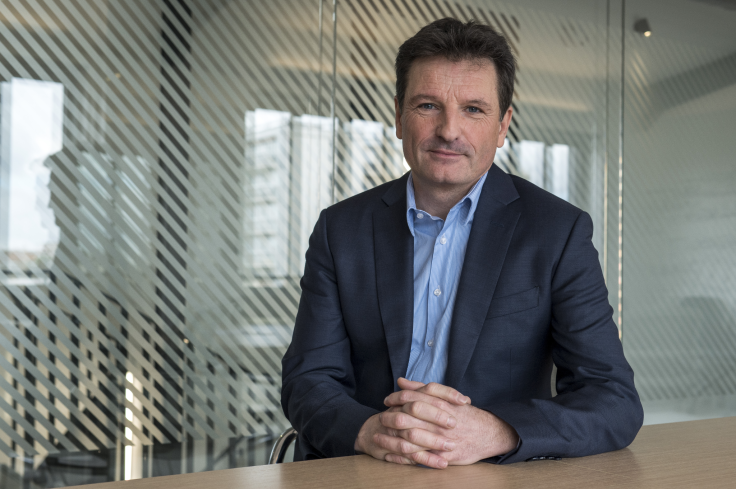A Closer Look At The Future Of Translation In The Age Of AI With Acolad
The concept of Artificial Intelligence (AI) today is not alien to anybody. By 2026, the US AI market is expected to grow to more than $299 billion. This buzzword stands at the forefront of change in the language services industry, challenging conventional notions about the way we create, consume and distribute content.
It is in the intersection between traditional human-led language processing and the advent of AI-powered solutions that Acolad finds itself: the company specializes in complex content and language operations for multinational organizations in a wide range of industries, where AI has become a powerful source of business acceleration and content scalability.

Bertrand Gstalder, CEO of Acolad is leading the charge in offering services that look to the full spectrum of content and language: ranging from localization of high-stake regulatory documents for highly regulated industries, while also delivering on complex content projects that imply cultural sensitivity and local resonance. That is the case of marketing localization, where the company provides a mix of translation with creative writing to deliver campaigns that speak to audiences in each market.
On creativity and content generation, it has been recently contended that AI still doesn't understand language because it's so complex and, as a human creation, largely built upon emotion and cultural nuances. The argument stands that generative AI is not able to eliminate the human role in content generation and lifts concerns about its ability to create context and extract information, with a clear flaw when it comes to creativity and originality. Generative AI doesn't produce content, it generates from its extensive data pool, and that contends highly with the capacity for creation and innovation.
AI has come a long way, yet, it still has a long way to go when it comes to understanding context and avoiding bias. The wonders of AI have still not come close to replicating human thinking and language. The biggest issue with large language models is that they can't tell the difference between what's possible and what's not, so they often end up making shallow and questionable predictions.
Even though AI is becoming a part of our lives, especially in the content world, there's still this idea that it could take over from creative writers and content producers. Though generative AI platforms are now enriching their talent pools with creative writers to improve the editorial capabilities of AI, the notion it can fully take over the creative edge of content production remains far from the truth.
Generative AI also lifts perils that require attention, as even famous writers like George R.R. Martin are worried about using their books to train AI models, and they want to make sure it's done in a way that's ethical and not exploitative.
In this "cyber age" where security concerns loom large, Acolad acknowledges the need for a reflective stance and has just recently launched a series of webinars, an e-book, and client events entirely dedicated to the ethical use of AI tools, which is made possible by capacity building and training of its users. In this scope, Acolad has also delivered, establishing an internal company-wide program of AI Ambassadors, focused on promoting AI literacy and emphasizing the importance of being aware of its potential pitfalls and limitations.
While generative AI has become an integral part of the translation process, Acolad envisions a future where the role of language service providers (LSPs) evolves significantly, transitioning from traditional translation services to a more consultative role in content creation and multilingual strategies. As explained by Acolad's CEO Bertrand Gstalder, "In the coming years, companies like ours, will strengthen their role as strategic partners for businesses navigating the complexities of a multilingual world. They advise on localization, cultural adaptation, and the creation of content that resonates with different markets, considering local customs, sentiments, and linguistic nuances. Their role also extends to quality assurance, where human expertise is crucial in reviewing AI-generated translations for accuracy and context."
In the next six years, the value of the AI industry is expected to grow by 13 times. This market is projected to grow at a compound annual growth rate (CAGR) of 38.1%. Up to 97 million people will be employed in the AI industry by 2025.
While the 'AI in creative writing' myth remains, companies like Acolad face these challenges head-on, confident that AI and human knowledge will work hand in hand.
© Copyright IBTimes 2024. All rights reserved.





















